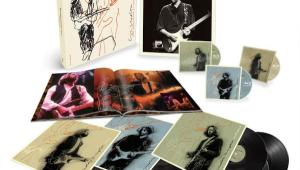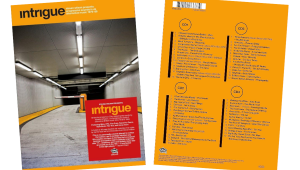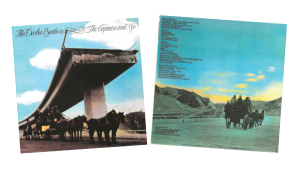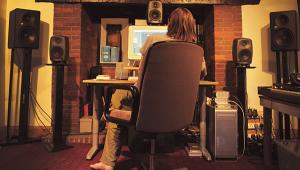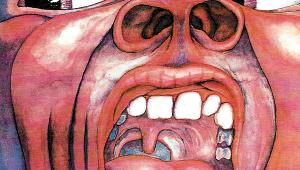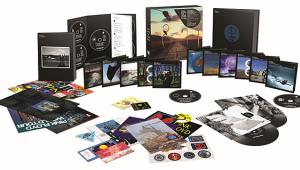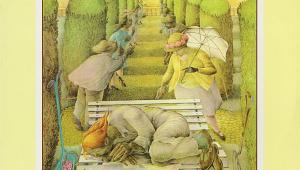The S+V Interview: Talking Tech and More with Singer Julie Feeney Page 6
Feeney has already gone a long way with music, and she’s giving back some of what she has learned by designing and performing in children’s concerts, among many other teaching assignments. Which leads me to ask about the state of music education in Ireland.
“The ideas behind the new curriculum for primary students are very good, but if you don’t have the personnel on the ground — teachers who are confident enough to embark on it — it’s not going to work.”
In Ireland, primary students are those up to age 12, and for them, music education is compulsory. I mention that, in the United States, we’re starting to get away from any required music education.
“No way.”
It’s often one of the first things to go in budget cuts, I explain.
“You’re not serious. That’s very depressing. . . . In certain places in Ireland, music education is excellent. You might come across a school where the instruments are hardly ever taken out, and you see them and they’re all rusty. But for the most part, the money is there — and a band like U2 just donated 5 million pounds for a music project in the schools, which is great.”
Getting back to her own personal projects, whether album or opera: What is it that makes Feeney’s work so diverse and sonically rich? In her own opinion, what is it that makes her music so musical?
“I like to go back to the actual elements of music: pitch, melody, dynamics, duration, pulse, timbre. Those are the things that make some kind of emotional connection. And the emotional connection is the interesting part of why we like music.
“Joni Mitchell: For some reason, I haven’t fully found an emotional connection with her music. But I never had to think about that with Bob Dylan.
“I’d never really gotten into the blues. You hear so much of the modern, blaring blues. I had the wrong access point. Then I heard the early blues. Leadbelly. Oh. My. God. That’s the real stuff. And then I began to hear links between that and . . . someone like Hoagy Carmichael. Not the same thing, but you can hear the purity in both, and you realize you do actually like this kind of music. It’s as if you lift up a stone, and there it is: the bare thing underneath. Or on the beach, there’s a creature underneath.”
So, the new album will come, as will the opera. Not long ago, Feeney was “bursting with songs for the album. That’s the problem; they’re sprouting all the time.”
And will the new album have a different approach?
“It will, yeah. It’ll be a progression. I’m not going to do the same thing twice.”

